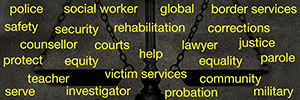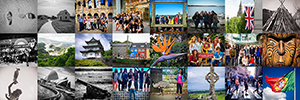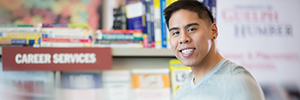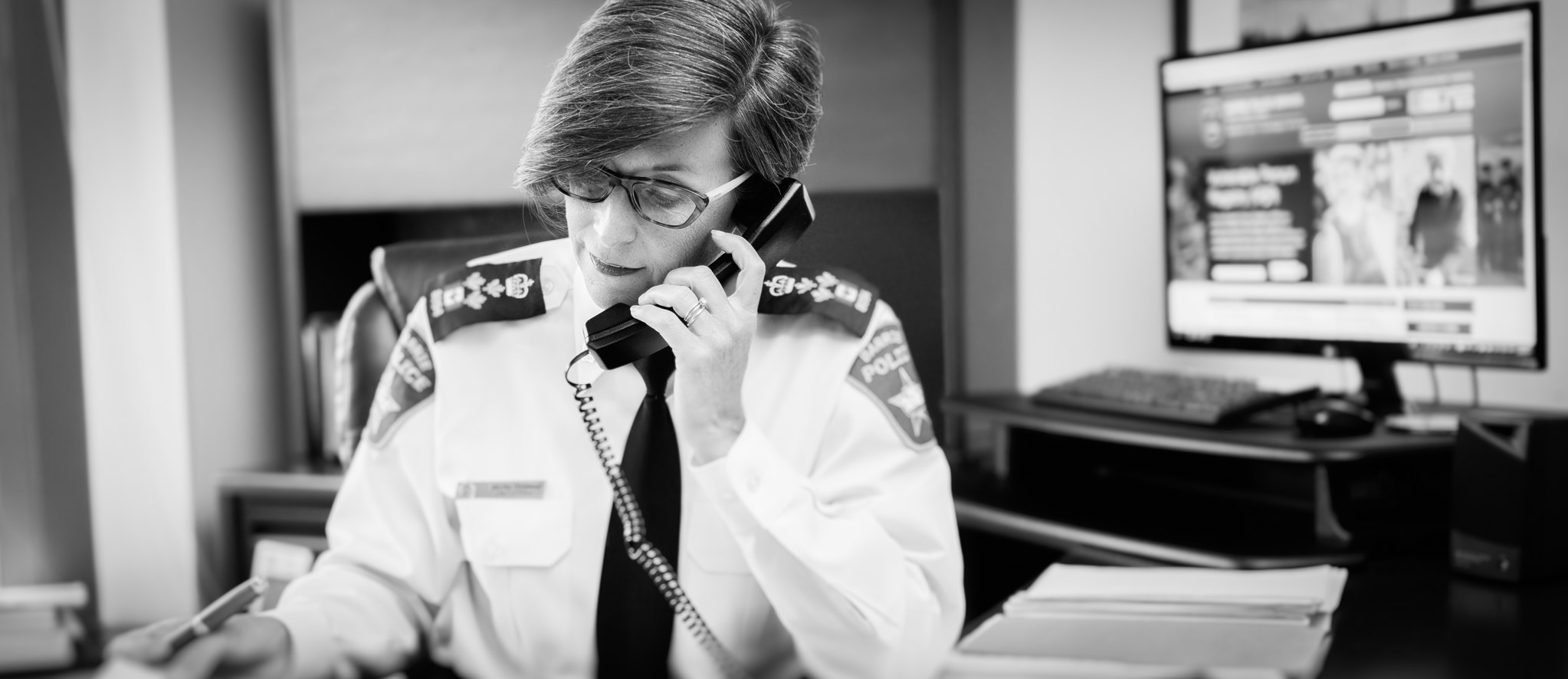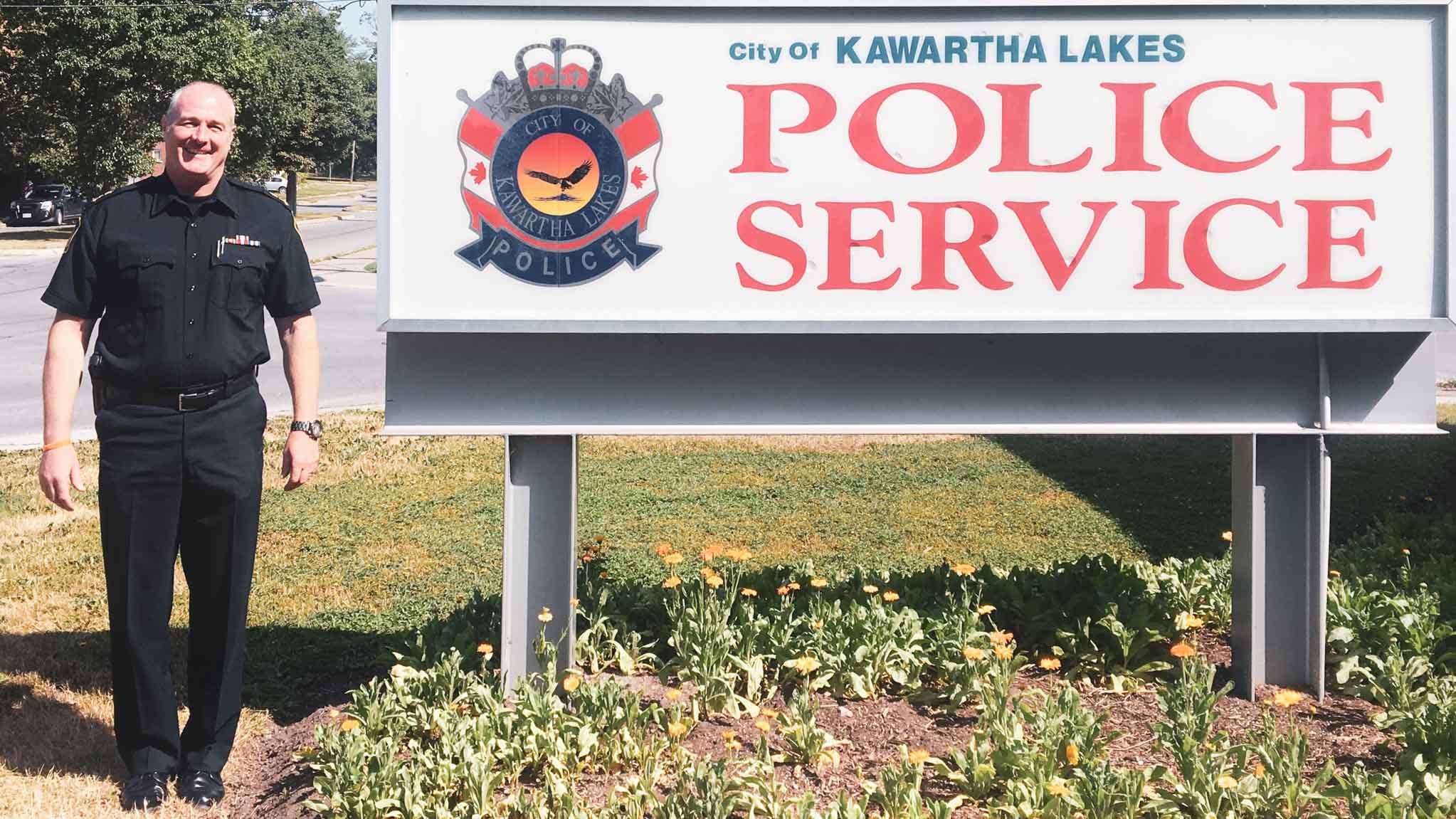- Future Students
- Current Students
- Faculty
- Staff
- Alumni
- Others
Hearing the voices of LGBTQ police
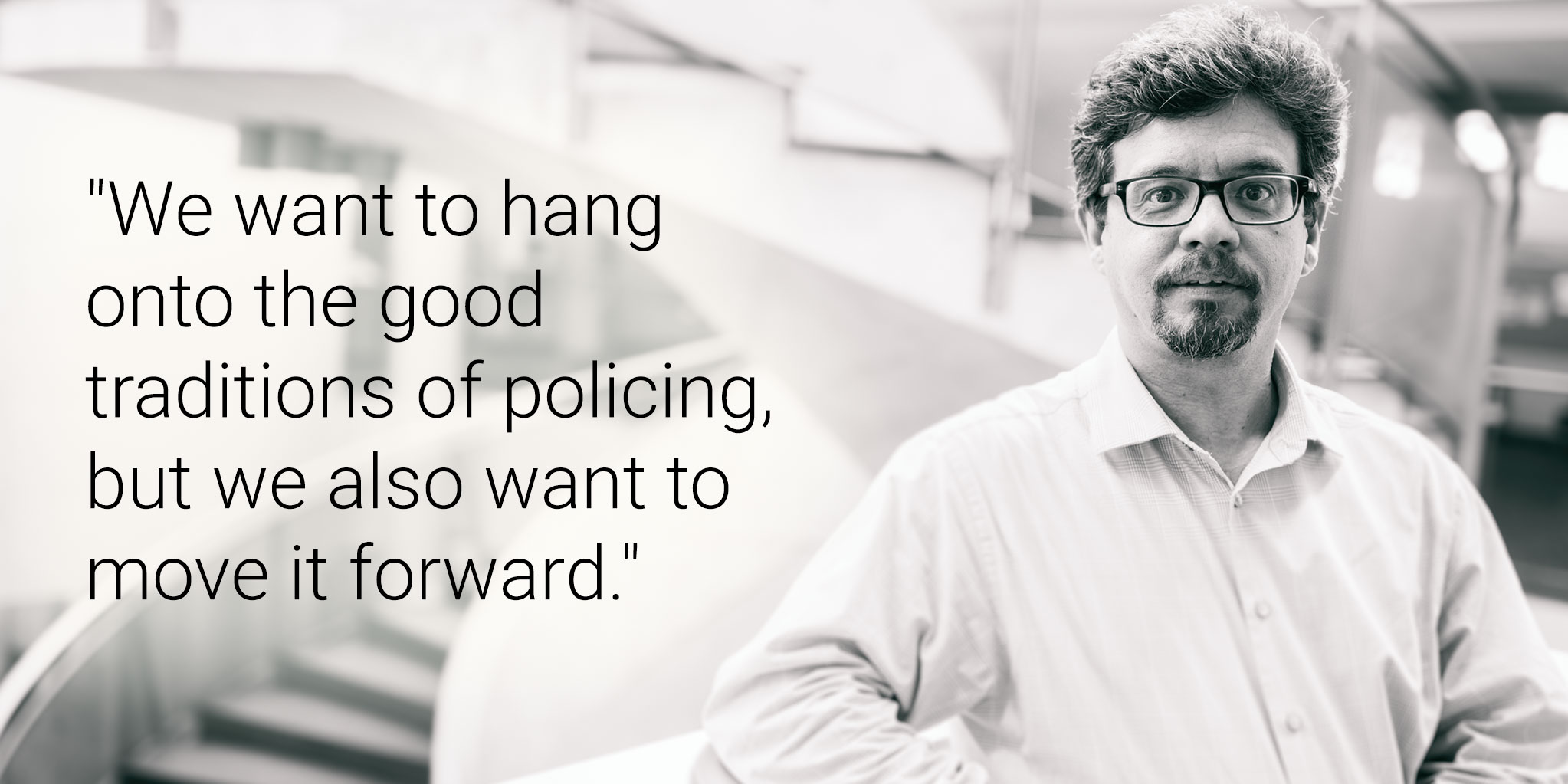
As the presence of LGBTQ officers and civilian personnel within police organizations around Canada has grown, more work needs to be done to create inclusive and supportive work environments, according to new research published by University of Guelph-Humber Justice Studies instructor Joe Couto.
In 2014, Couto completed a study in which he interviewed 21 LGBTQ police officers in Ontario. He found that most officers felt their workplace status and relationships had improved compared to the past. However, Couto’s study also revealed that many of his interviewees believed that police culture fundamentally retains a hypermasculine and heterosexual orientation.
That led Couto to pursue his latest study, completed with support from UofGH’s Research Grant Fund. Couto wanted to examine how the intersectionality between gender and sexual orientation might create challenges for LGBTQ female sworn police officers.
Recently published in the peer-reviewed Journal of Community Safety and Well-Being, Couto’s article – entitled “Hearing their voices and counting them in: The place of Canadian LGBTQ police officers in police culture” – concluded that the challenges relating to that intersectionality need to be better understood.
“It’s important because police services are now talking much more openly about the need to be inclusive, equitable and diverse,” Couto explained.
“Diverse and inclusive workplaces are better workplaces. When we’re talking about policing, that’s incredibly important because we’re dealing with issues like post-traumatic stress disorder and occupational stress injury, we’re understanding the stresses on families when a police officer is a mom or a dad, and we’re also understanding that there is a struggle right now to make sure we address the historically thorny relationship between the LGBTQ community and police in general.
“Those are things that drive police away from a community – in this case the LGBTQ community – and they can also undermine public trust and confidence.”
Challenges faced by LGBTQ female police
Most of the issues Couto discovered through his interviews with female LGBTQ police officers concerned acceptance, language, and opportunity.
First, Couto found that although female LGBTQ police officers strongly valued and identified with police culture – including values like duty, respect, honour, and backing up your fellow officers – they didn’t see themselves necessarily reflected and included in that culture.
“The women I interviewed desperately wanted to be a part of the police culture,” said Couto, who recently became a member of the Advancing Women in Policing Ontario Working Group, which works to address issues of gender inclusion, diversity, and equity in law enforcement. “When they don’t feel like they’re accepted as equals, it hurts them on a personal level, not just professional.”
Similarly, the language used within police culture – policing as a “brotherhood” for example – could also feel alienating to female officers. Couto instead advises police organizations to encourage gender-neutral language.
Finally, the female LGBTQ police Couto interviewed felt that their gender or sexual orientation – or both – were limiting their capacity to progress in their careers. In fact, Couto’s interview subjects largely felt their gender was the biggest hurdle to progress.
“They talked consistently about experiencing more challenge because of their gender, rather than their sexual orientation, which might surprise people who think the police culture is anti-LGBTQ,” said Couto, whose next research project will explore whether authentic inclusion is possible in policing.
“In fact, the women consistently said their visible gender presented more of a challenge in areas like promotion, opportunities for advancement, and training.
“As police culture changes and it becomes less dominated by the traditional white male, these are things that police leaders need to work on. If females, LGBTQ or otherwise, are not seeing the same opportunity, that needs to be proactively addressed.”
Moving forward
Couto has a long history advocating for equality in policing. A senior staffer with the Ontario Association of Chiefs of Police (OACP) for almost 15 years, Couto has been brought in by the association as well as individual police organizations such as the Royal Canadian Mounted Police, York Regional Police, and Thunder Bay Police Service to speak to officers and leadership about the issues facing LGBTQ police officers. He has also spoken to public servants and college faculty members about his research.
In April, he will present his research findings at a Police Leadership Conference in Vancouver.
Couto’s research is important not only because it helps to better understand the experience of LGBTQ police officers, but also because it speaks to the ways in which police can earn the trust of the broader community.
“There’s a bit of a struggle for the soul of policing right now,” explained Couto. “We want to hang onto the good traditions of policing, but we also want to move it forward.
“It’s really important that police, if we believe in things like diversity and inclusive workplaces, confront the past in order to move forward.”


